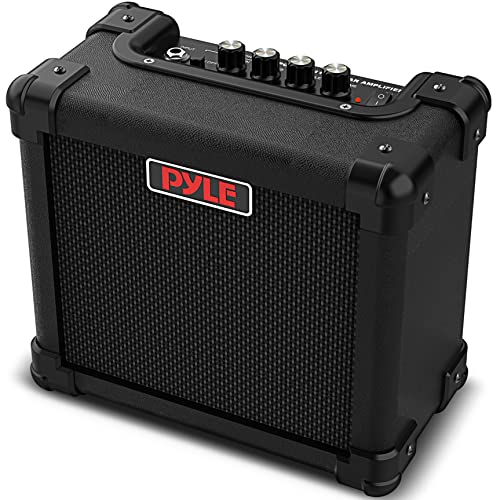why do i have a huge problem with writing music in standard tunings. I listen to almost all standard tuned bands and then theres only 2 bands that i listen to that employ drop d and it sticks with me. Does anyone else have this problem? If you guys have any advice, it would be VERY much appreciated.
thanks.
Eddie
thanks.
Eddie




















